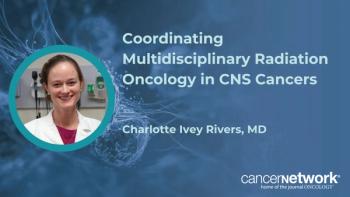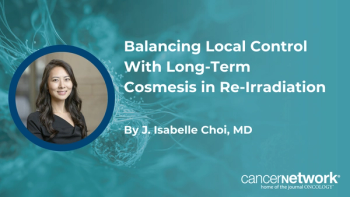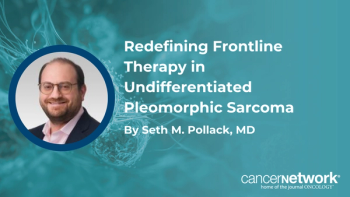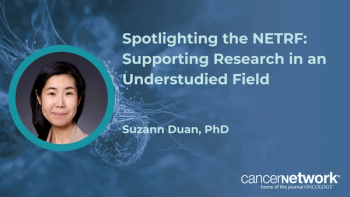
Brandon Sheffield, MD, Details NGS Benefits Vs Single-Gene Testing in NSCLC
At the 2022 WCLC, Brandon Sheffield, MD, presented data demonstrating the advantage of next-generation sequencing over other biomarker testing strategies in patients with non–small cell lung cancer.
At the
Transcript:
We hope to see these results utilized by advocates for lung cancer to help fuel their efforts to increase utilization of next-generation sequencing. This will support a lot of the work that we’re doing for advocacy in areas where patients don't have access to these tests. This might also help with payors, either private insurance companies or public health care systems, who are looking to maximize the amount of utility that they get for their health care dollars. Ultimately, we hope that these data are going to be helpful in increasing access to comprehensive next-generation sequencing for patients with lung cancer.
Reference
Sheffield B, Eaton K, Emond B, et al. Economic impact of delaying care with single-gene testing versus next-generation sequencing in non-small cell lung cancer. Presented at: World Conference on Lung Cancer; Vienna, Austria; August 6-9, 2022. Abstract MA12.05.
Newsletter
Stay up to date on recent advances in the multidisciplinary approach to cancer.












































